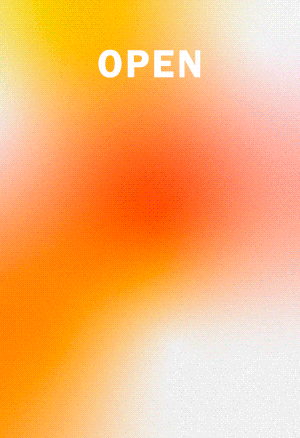EZEQUIEL QUINES EXHIBITS “PUNTO CIEGO” IN ESPACIO FTALO, BUENOS AIRES
The inauguration is scheduled for Thursday, October 15 at 2:00 p.m. at the Espacio Ftalo Gallery of Contemporary Art.

PUNTO CIEGO (BLIND SPOT) is a series that investigates the relationship between white (light, knowing, certainty) and black (darkness, not knowing, uncertainty). The work is based on the sculptures from the tombs of the Saint Denis cathedral (France) that represent a group of people praying to a buried body.
Ezequiel Quines begins a pictorial process where forms are emptied of their history and ignorance about the content underlying the sculptures is put into play. In this way he appropriates them and then returns them to the material with black clay, in contrast to the original white marble of the sculptures that gave way to the first drawings, thus generating a cycle between these two principles. The result of these images makes visible what is hidden in the sculptural rituals of the tombs.
-
detalle 2- Oración I - 100x150 - carbonilla y grafito sobre papel - 2018.jpg
-
detalle 3- Oración I -100x150 - carbonilla y grafito sobre papel - 2018.jpg
-
detalle- Oración I - 100x150 - carbonilla y grafito sobre papel - 2018.jpg
-
Plegaria II - 20x24 - carbonilla y grafito sobre papel - 2018.jpg
-
Plegaria II - 26x22x18 - carbonilla y grafito sobre papel - 2018.jpg
-
Sin titulo - 210x80 - grafito y acrilico sobre papel - 2018.jpg
Espacio FTALO is a contemporary art gallery specialized in figurative painting. Its initiatives and exhibitions seek to make visible the contemporary character of painting and give prominence to artists active in this disciplinary territory. Located in the heart of Palermo, the program includes monthly individual and collective exhibitions, as well as meetings that invite one to explore links between painting, installations and performances. Its back room brings together a great variety of artists and works that also include drawing as a discipline in continuous dialogue with painting.
Ezequiel Quines (Buenos Aires, 1987) studied drawing and painting at the Carlos Morel School of Fine Arts and in the workshops of Guillermo Roux, José Alberto Marchi and Laura Olalde. He attended artwork clinics with José Marchi and Diana Aisenberg.
He exhibited in group and individual exhibitions both in Argentina and in Europe: Recoleta Cultural Center, Dorrego Cultural Center, French Alliance, Newberry Gallery, POPA Gallery, SANTA Gallery, Le Viaduct d ́Arts (France), Quevedo Institute (Spain), among others.




